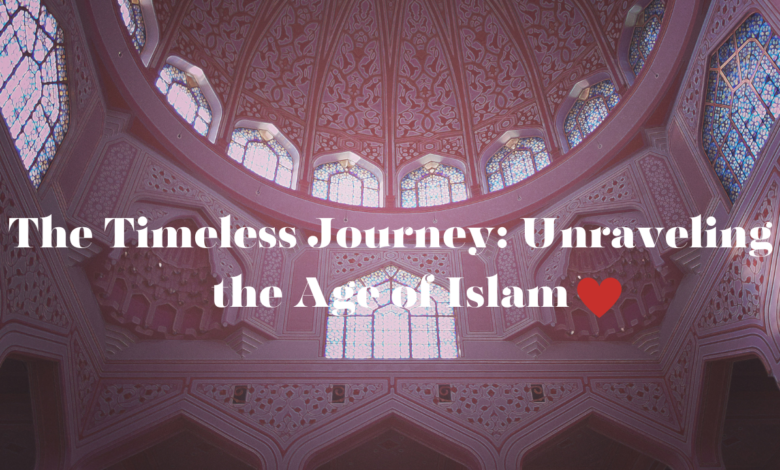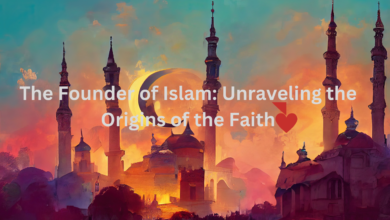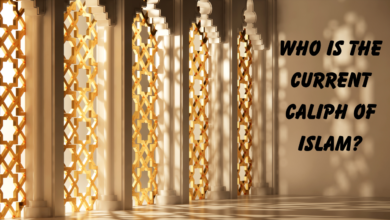The Timeless Journey: Unraveling the Age of Islam

Introduction
Islam, one of the world’s major religions, has an ancient and rich history that dates back over 1,400 years. Born in the Arabian Peninsula, it emerged in the 7th century CE and has since spread to become a global faith, encompassing diverse cultures and regions. In this article, we will explore the origins of Islam and shed light on its age, tracing its journey from its humble beginnings to the present day.
The Birth of Islam
Islam traces its origins to the early 7th century CE when the Prophet Muhammad received his first revelations from Allah (God) through the Angel Gabriel. Born in Mecca, in present-day Saudi Arabia, Muhammad was a merchant and spiritual seeker, who retreated to the cave of Hira for reflection and prayer. It was during one such occasion in 610 CE that he experienced the divine encounter, which marked the beginning of Islam.
Over the next 23 years, until his passing in 632 CE, Prophet Muhammad received a series of revelations that collectively formed the Quran, the holy book of Islam. These revelations addressed various aspects of life, spirituality, morality, and governance, laying the foundations of Islamic beliefs and practices.
The Hijra – A Pivotal Moment
The year 622 CE marks a significant event in Islamic history known as the Hijra (Emigration). Facing persecution and hostility in Mecca, Muhammad and his followers migrated to the city of Medina. This migration signaled the establishment of the first Muslim community and marked the beginning of the Islamic lunar calendar. The Hijra not only provided a safe haven for Muslims but also allowed the faith to spread beyond Mecca’s borders.
The Spread of Islam
After the death of Prophet Muhammad, Islam continued to flourish under the guidance of his companions, who meticulously preserved his teachings and spread the message of Islam far and wide. The Rashidun Caliphs (the first four successors of Muhammad) played a crucial role in expanding the Islamic empire, which extended from the Iberian Peninsula in the west to Central Asia in the east.
Throughout the following centuries, Islamic civilization witnessed a golden age, contributing significantly to the fields of science, mathematics, medicine, philosophy, and art. Scholars from diverse backgrounds thrived in the Islamic centers of learning, such as Baghdad, Cairo, and Cordoba.
Conclusion
Islam is an ancient faith with a vibrant history spanning more than 1,400 years. Its origins lie in the revelations received by the Prophet Muhammad in the 7th century CE, which formed the foundation of the Islamic faith. The subsequent migration of the early Muslim community to Medina, known as the Hijra, marked a pivotal moment in Islamic history. From there, Islam spread across continents, influencing cultures, shaping societies, and leaving a lasting impact on human civilization.
Today, Islam is embraced by over a billion Muslims worldwide, making it one of the fastest-growing religions globally. Its age may be measured in centuries, but its impact is immeasurable, guiding the lives of its adherents and contributing to the diversity and richness of human spirituality and culture. As we continue to traverse the timeline of history, let us acknowledge and respect the significance of Islam’s journey, appreciating its contributions to the tapestry of human heritage.






